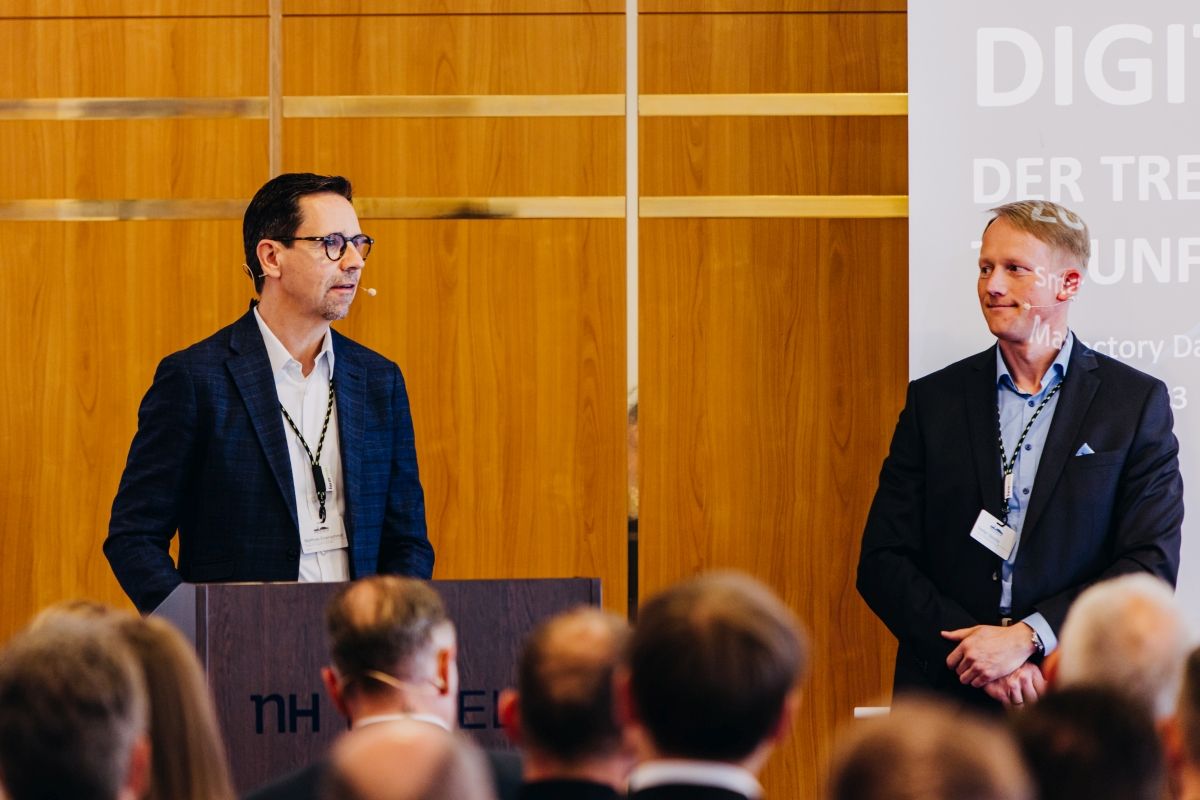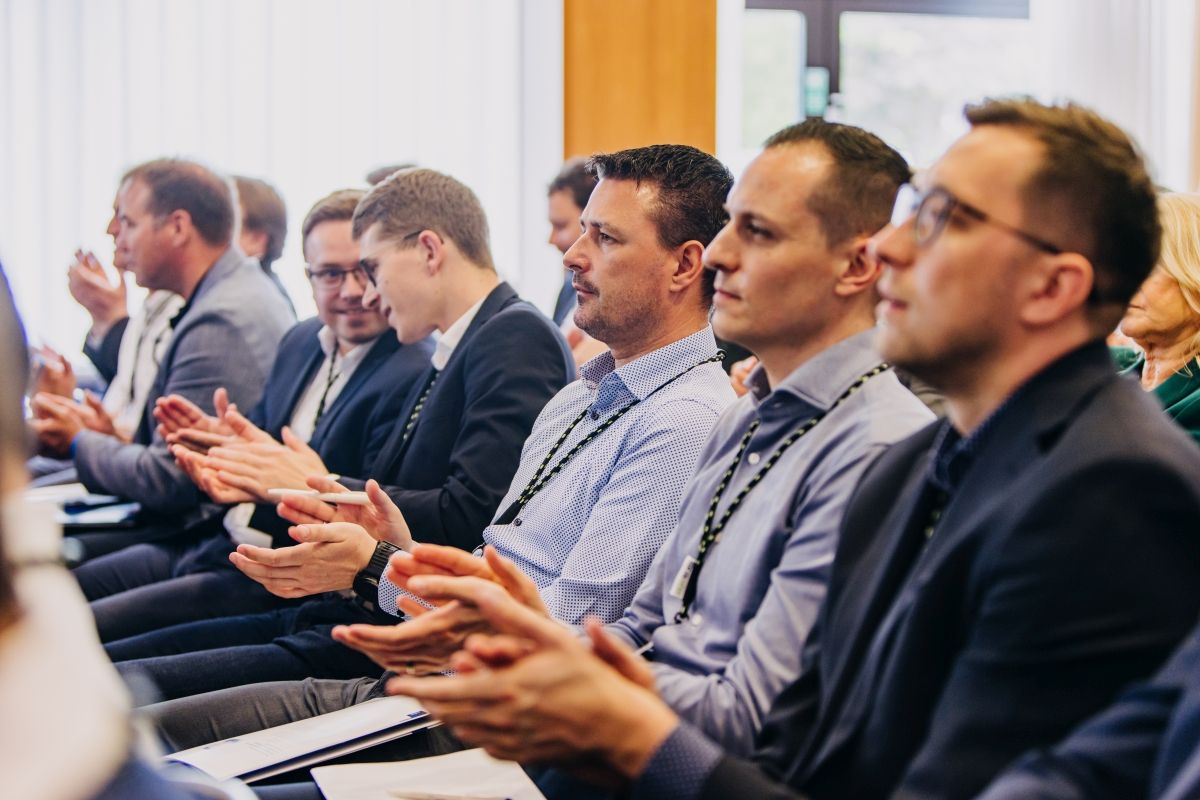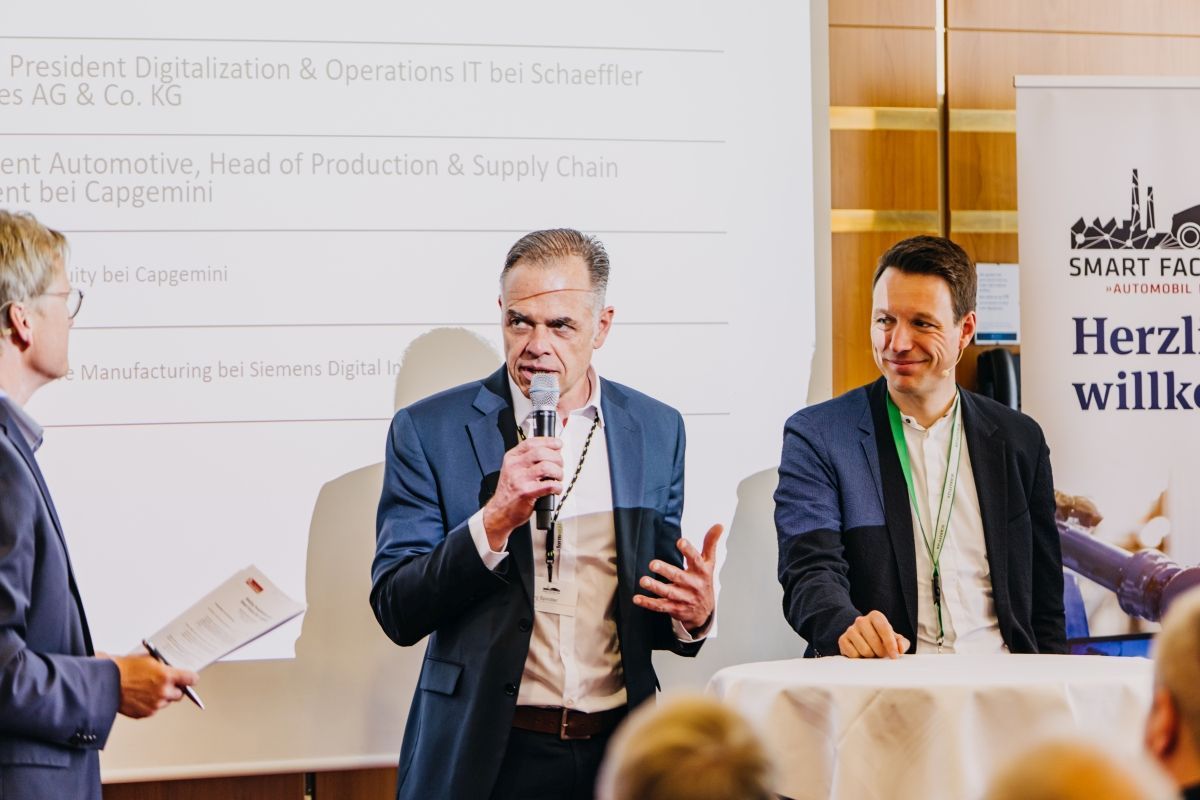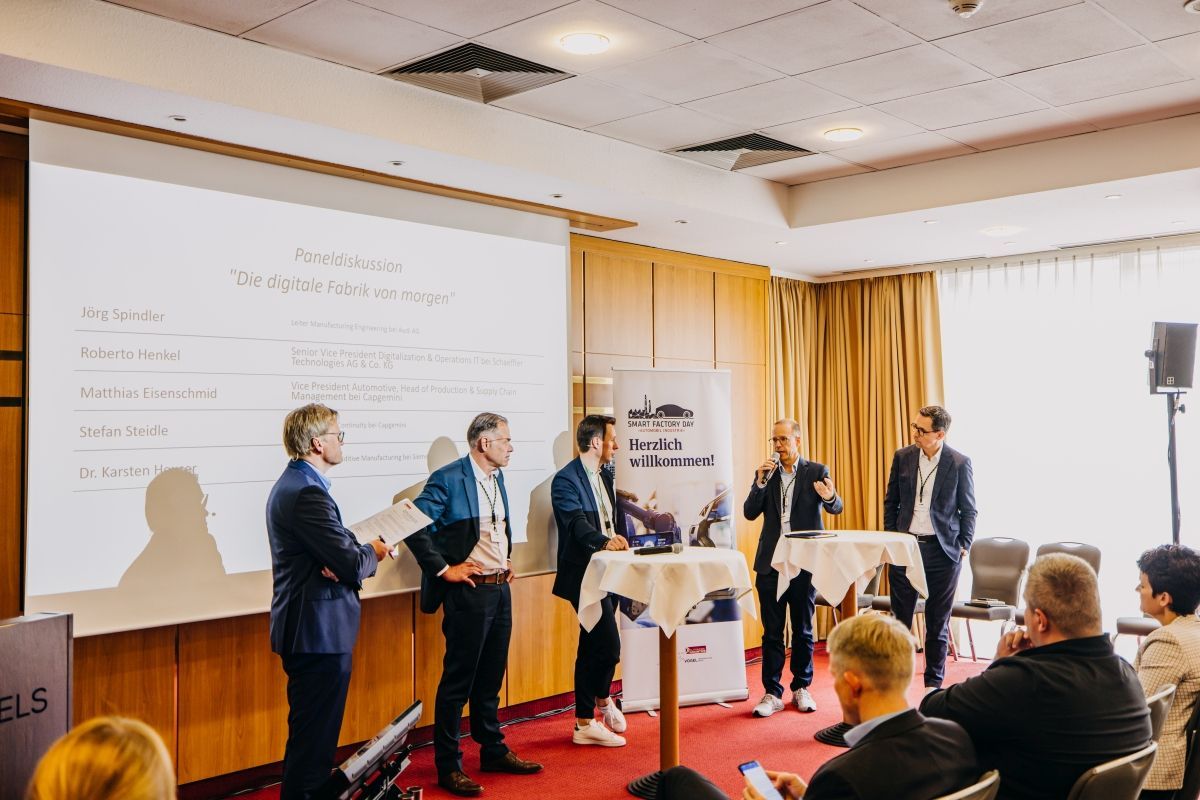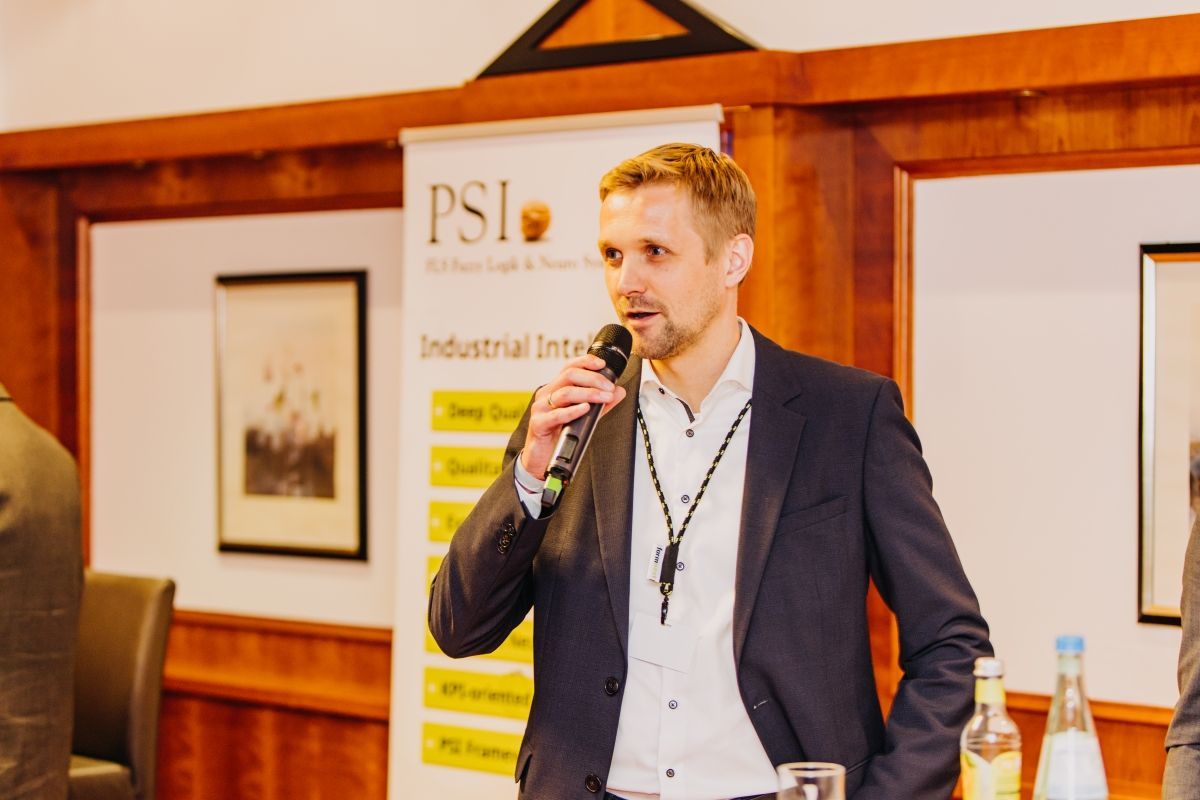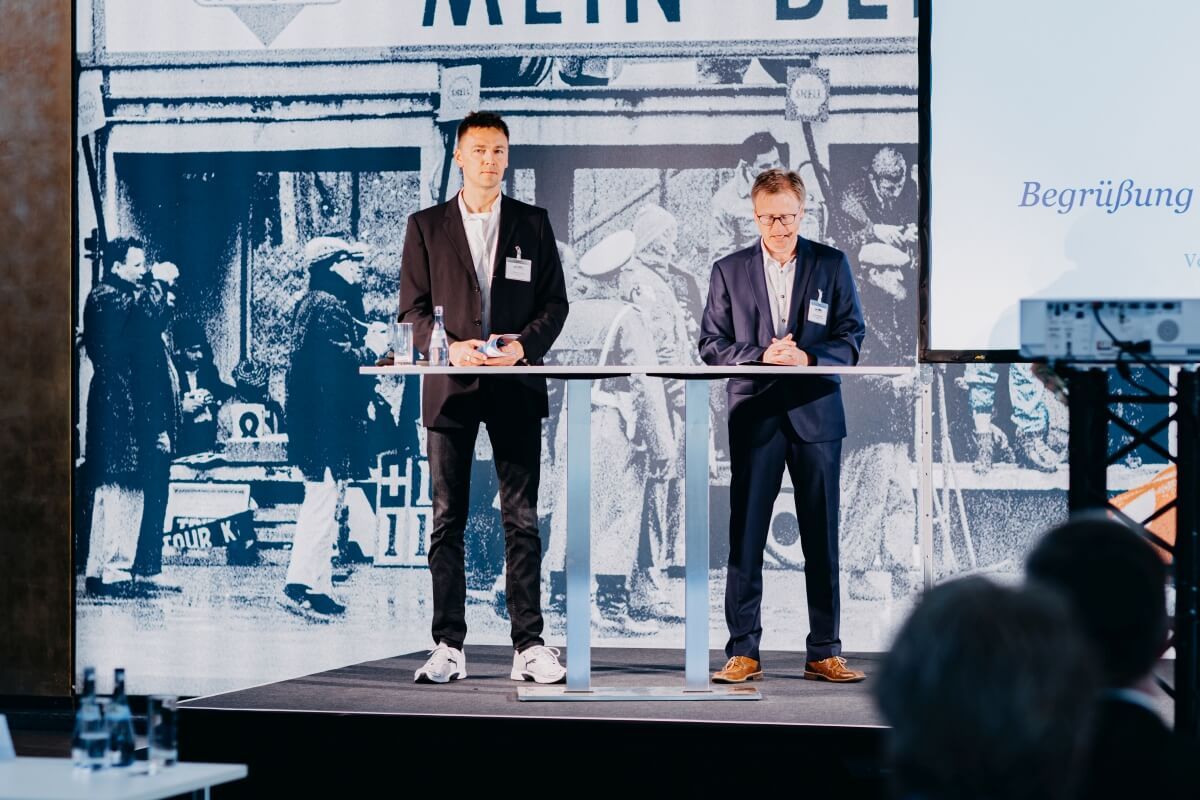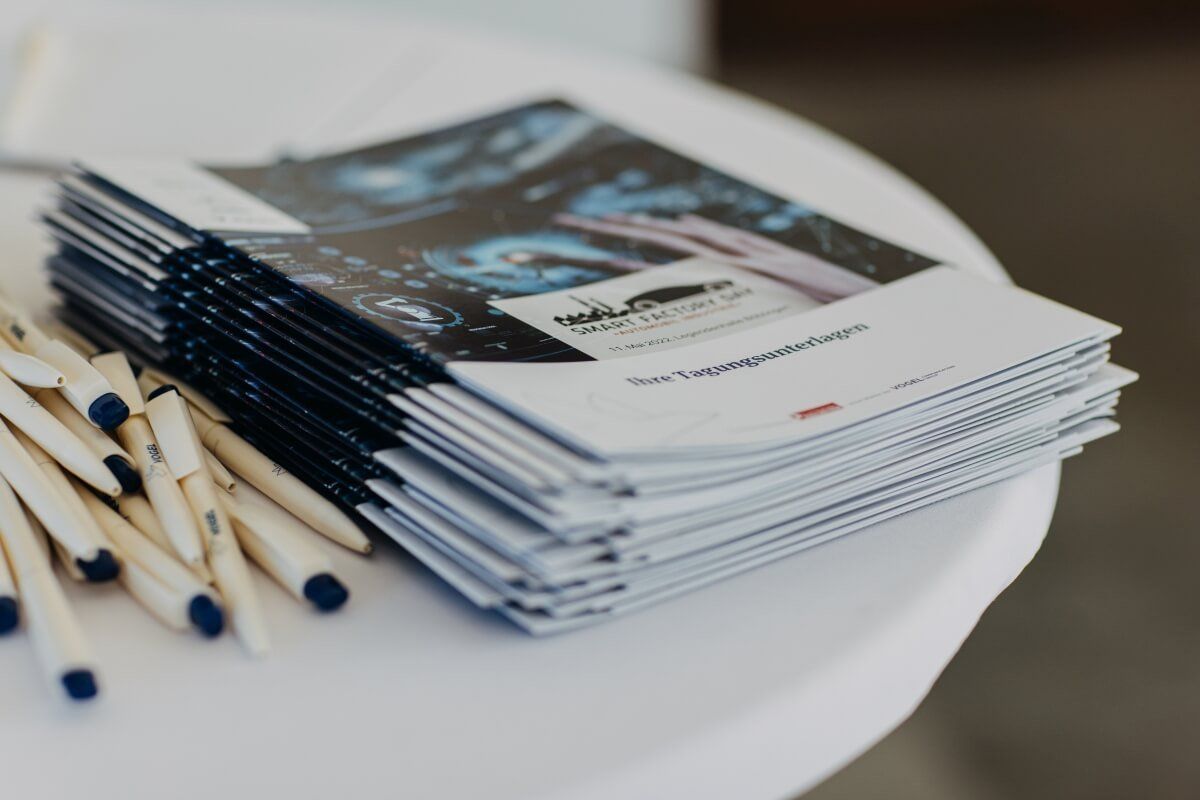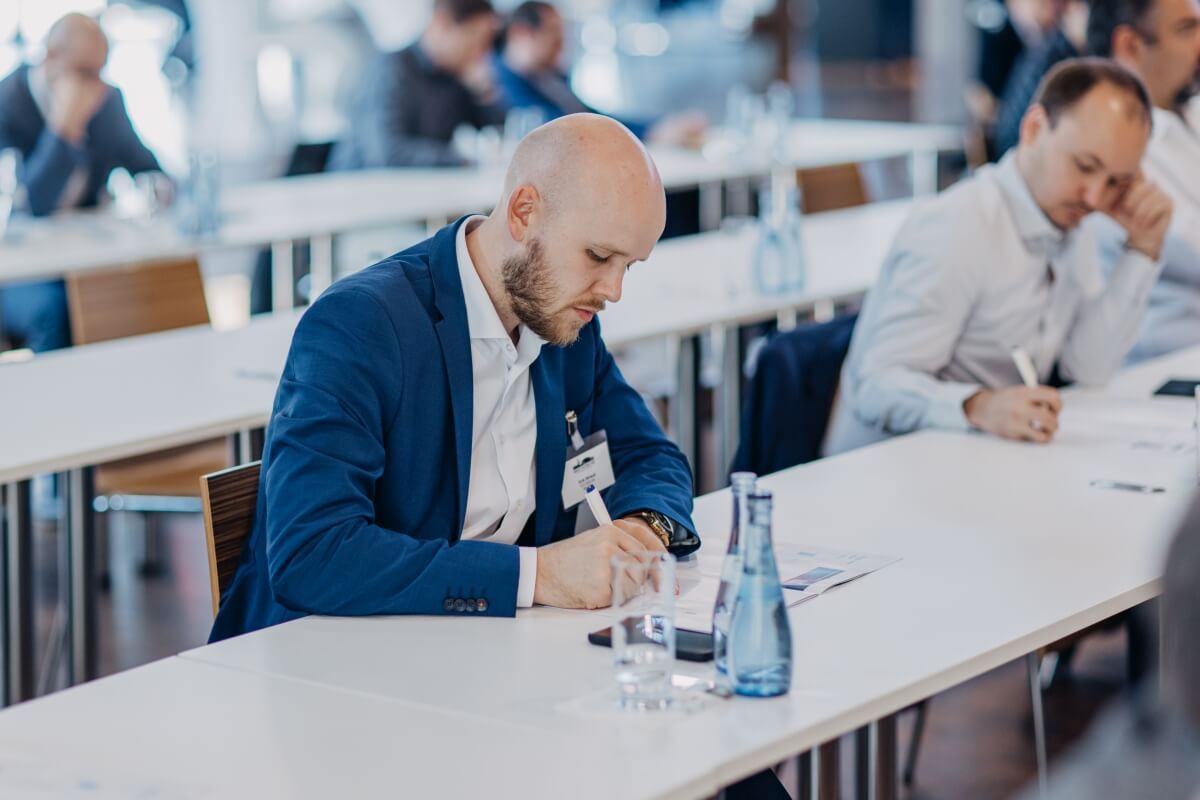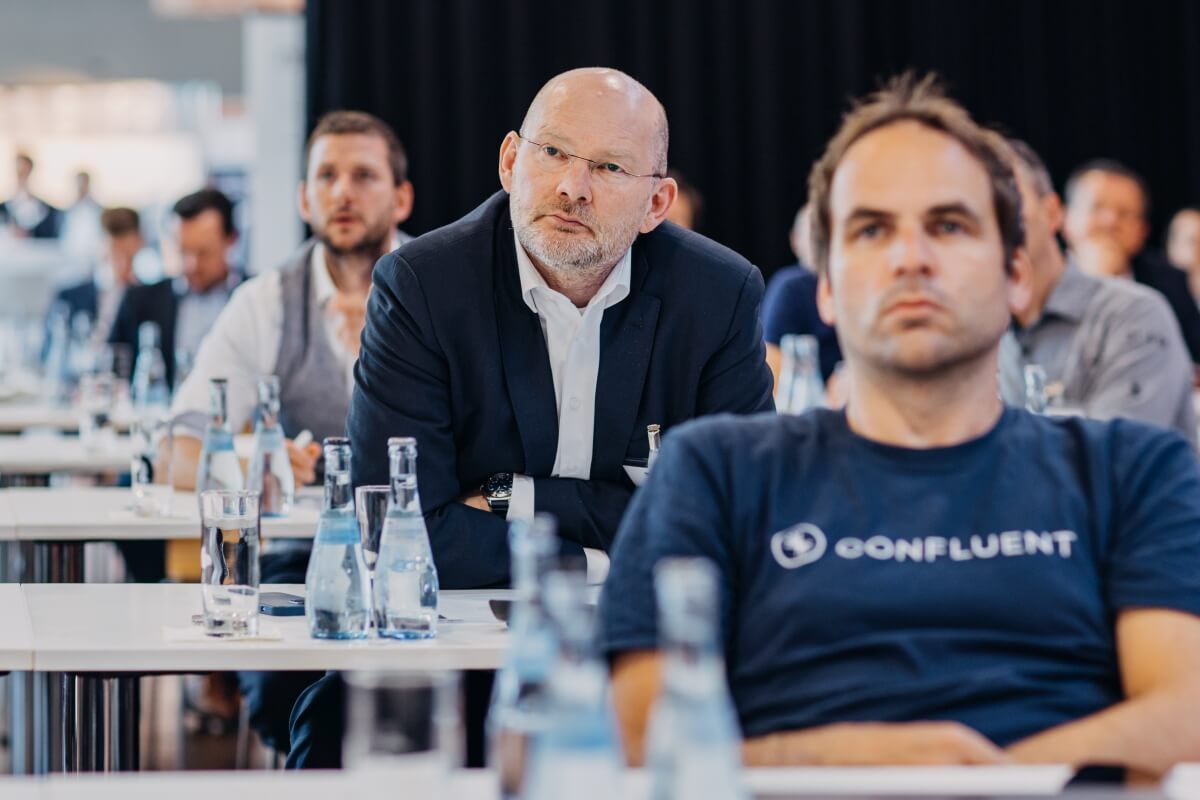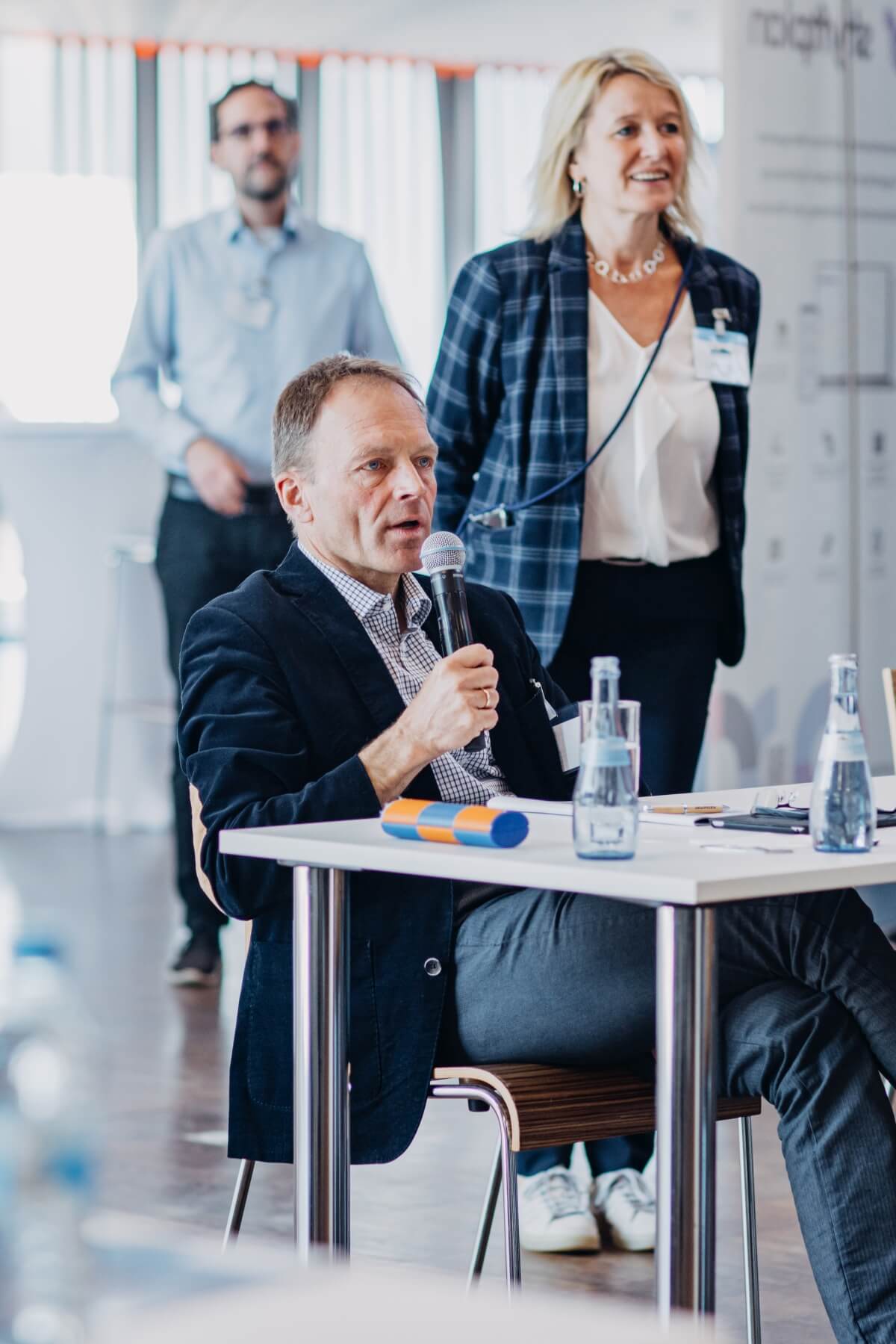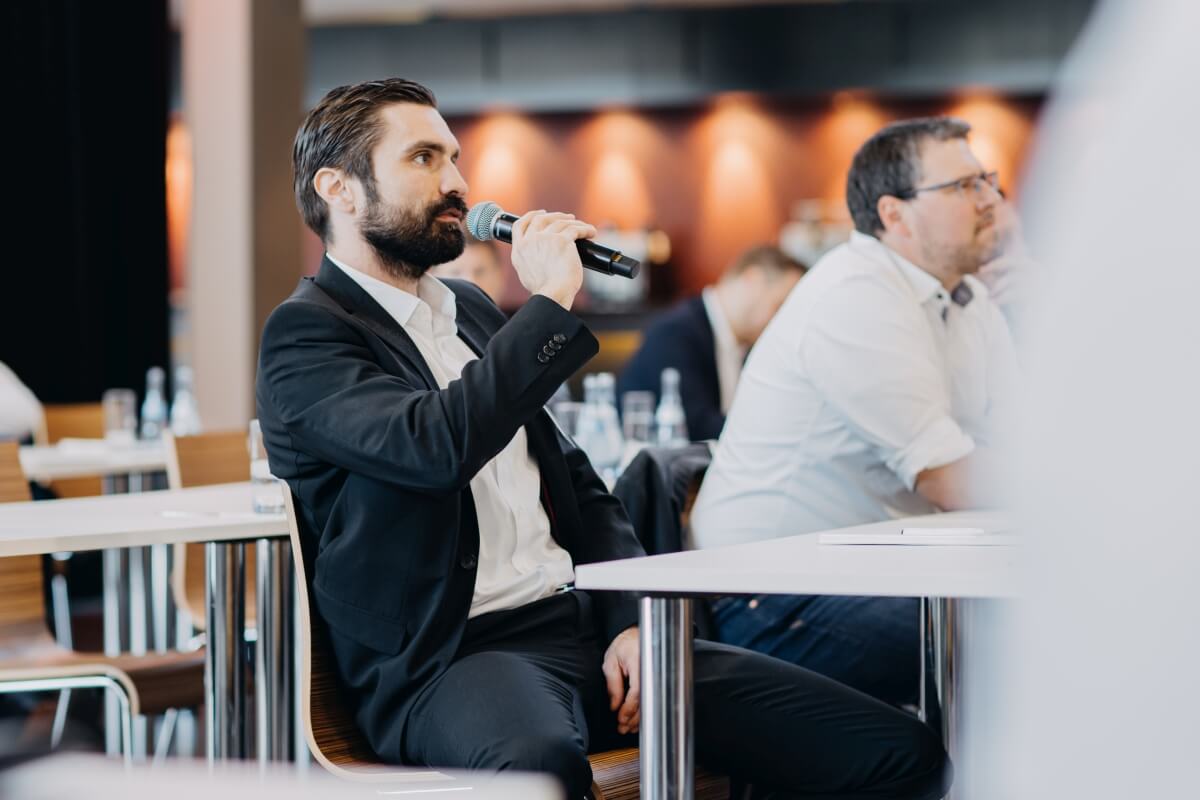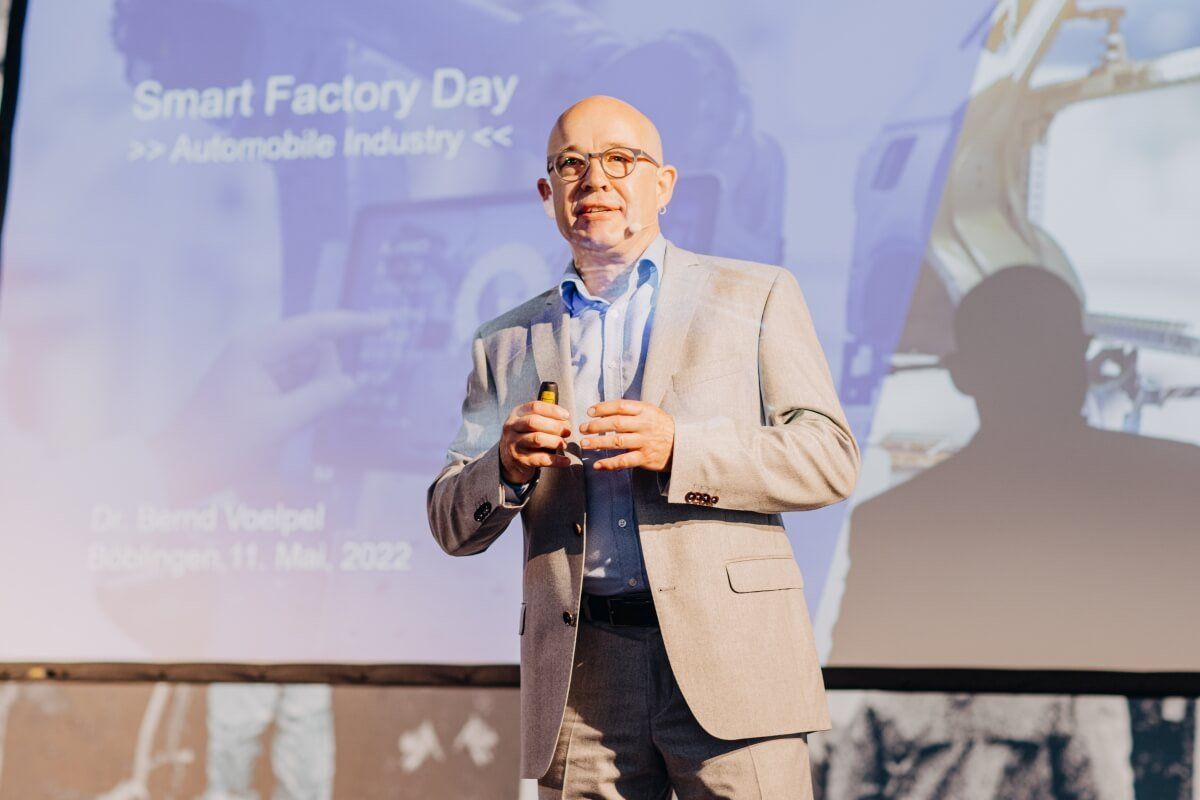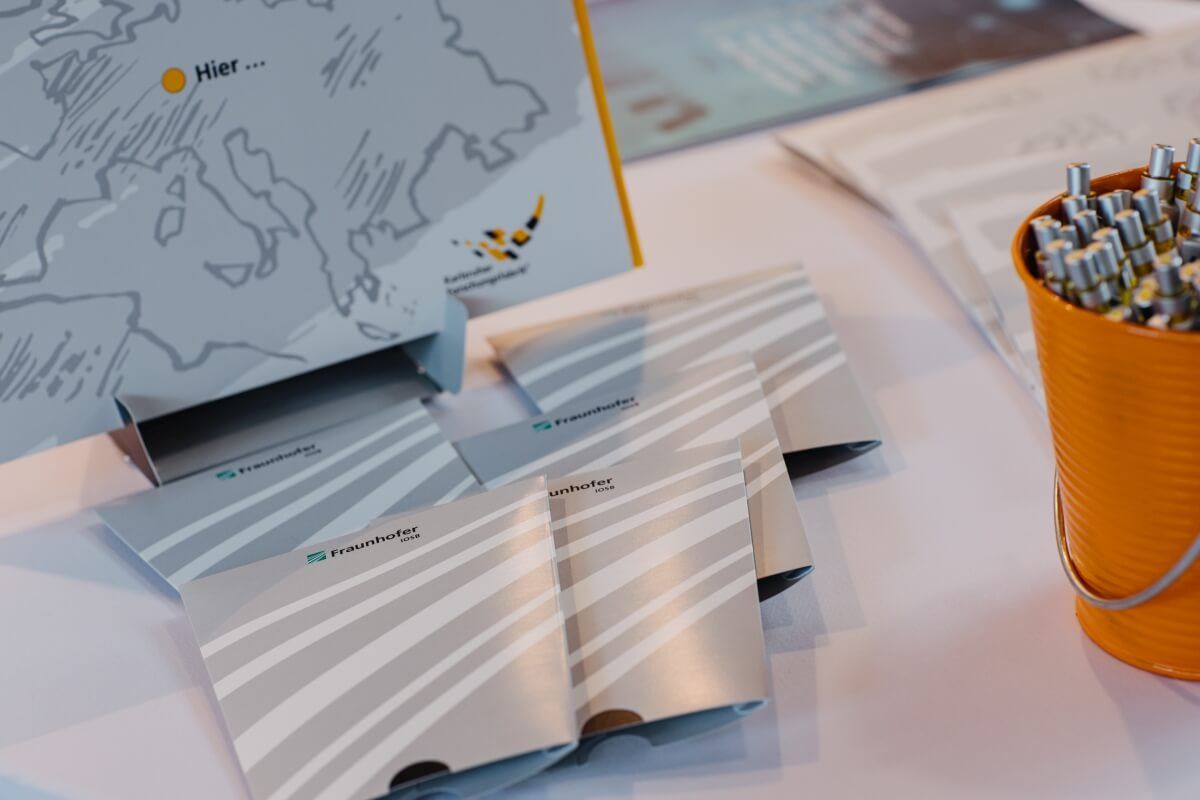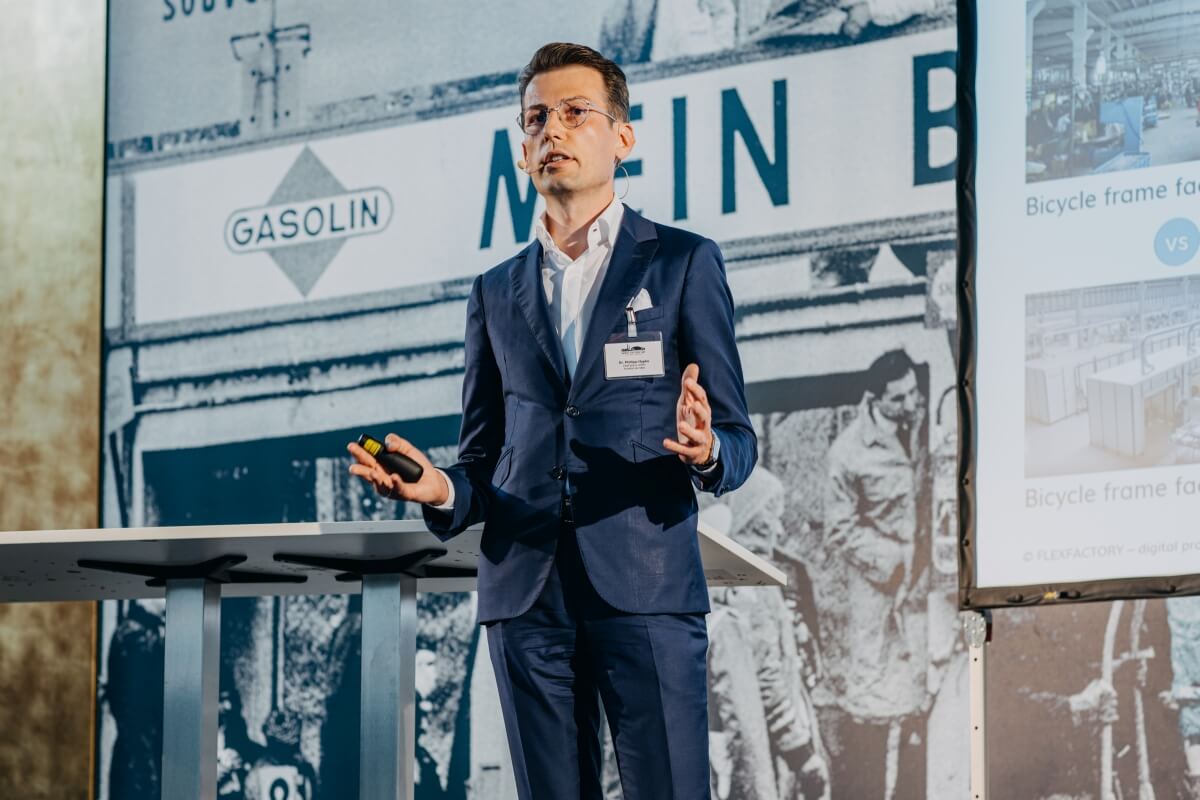14. & 15. Mai 2025
Landshut/Germany, Stadtsäle Bernlochner
Review
A recap on the Smart Factory Day
Smart Factory Day 2024 in Karlsruhe
Editorial Coverage
Artificial intelligence arrives in production
How does AI work in manufacturing practice? Around 120 experts discussed this at the "Automobil Industrie" Smart Factory Day.
"Artificial intelligence is like a teenager. You never know what's going to happen and whether you need to worry," said Gerhard Keller, Head of Auto & Industry Germany at Google Cloud - and earned some smiles from the 120 or so participants at Smart Factory Day 2024 in Karlsruhe. But the congress also showed that AI in automotive production is getting serious - almost across the board, from quality assurance, process planning and logistics to securing the supply chain.
Read more on
www.automobil-industrie.vogel.de (in German)
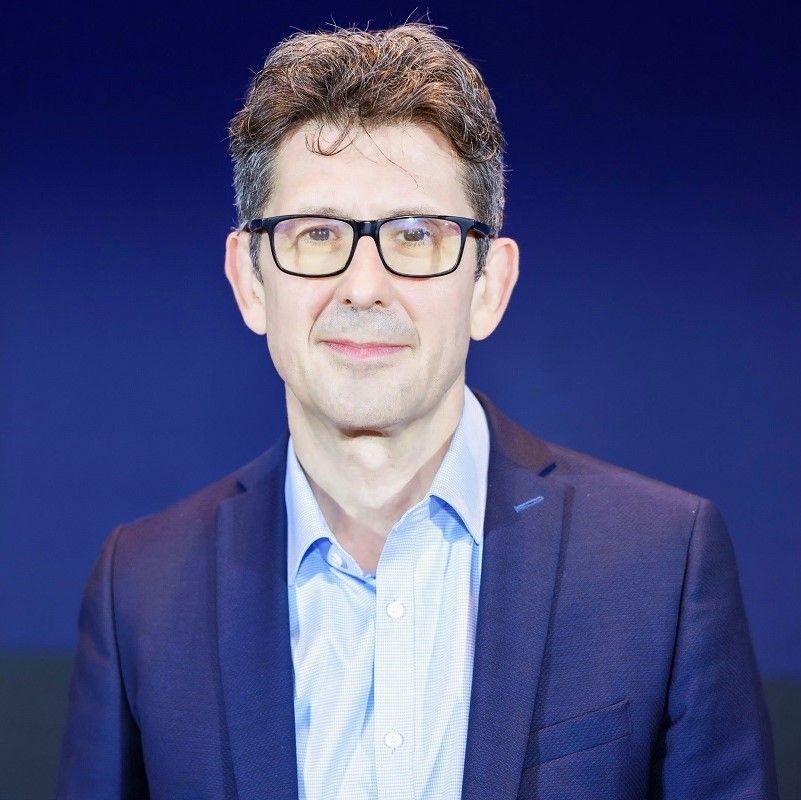
Keynote Speech
Bernd Mangler
Senior Vice President Automotive, Battery, Projects | Siemens AG
Smart Manufacturing – Sustainable and digital!
-
learn more about the presentation
In today's dynamic automotive industry, characterized by rapid technological advances, changing consumer demands, challenging supply chains and environmental imperatives, all stakeholders - OEMs, start-ups, and suppliers alike - are facing great challenges. These challenges require a holistic transformation of the very fabric of automotive manufacturing.
To remain competitive in this ever-evolving landscape, manufacturers must adopt a strategic mindset that recognizes the imperative of achieving higher levels of production flexibility, efficiency, quality, and sustainability. Incremental change is not enough; a comprehensive overhaul is essential to thrive in this new normal.
The key question then becomes: How can manufacturers achieve this transformation in their operations and ensure the consistent delivery of high-quality products within tight timeframes?
The answer lies in embracing the principles of Smart Manufacturing, underpinned by adaptability, sustainability, digitalization, and resilience.
By using Smart Manufacturing, manufacturers gain the ability to virtually plan and validate every aspect of their production processes, from individual work cells to entire plants. This ensures that the initial design is always optimized, minimizing the need for costly revisions down the line.
Moreover, Smart Manufacturing enable manufacturers to swiftly adapt to changing market dynamics, facilitating seamless ramp-ups following new product launches or line changeovers. This agility mitigates the risk of costly downtime, ensuring uninterrupted production cycles.
In essence, Siemens Smart Manufacturing solutions offer a transformative pathway for automotive manufacturers to thrive in an era defined by disruption and change.
Overview of the Smart Factory Day 2024 programme
We thank our partners and exhibitors at the Smart Factory Day 2024 in Karlsruhe
Picture galleries from Karlsruhe 2024
Pictures: Dominik Böhm - Fotokumpel
Smart Factory Day 2023 in Ingolstadt
Editorial Coverage
This was the Smart Factory Day 2023 at Audi in Ingolstadt
Sustainable production, sensible digitalisation: At the Smart Factory Day 2023 in Ingolstadt, around 110 production experts exchanged views on the smart factory. The keynote address was given by Jörg Spindler, Head of Manufacturing Engineering at Audi. Spindler went into detail about Audi's "360factory" and described individual functions in his keynote.
"Digitalisation is not an end in itself," Spindler said at the beginning, "but a component of economic efficiency. You can do a lot, but it has to make sense." Read more on www.automobil-industrie.vogel.de (in German)
We thank our partners at the Smart Factory Day 2023 in Ingolstadt
Picture gallery Ingolstadt 2023
Photos: BKfotofilm Würzburg
Smart Factory Day 2022 in Leipzig
Editorial Coverage
This was the Smart Factory Day 2022 at Porsche in Leipzig
Porsche Leipzig was the venue for the 6th Smart Factory Day of "Automobil Industrie". The most important insight: People remain important, but are given other tasks in a digital factory.
"Make things as simple as possible, then they won't break" - that makes sense; and yet it's not easy to implement. Henning Löser is head of the Audi Production Lab. In his keynote speech at the Smart Factory Day in Leipzig, he described what "as simple as possible" means in the smart production environment at Audi.
Read more on
www.automobil-industrie.vogel.de (in German)
We thank our partners at the Smart Factory Day 2022 in Leipzig
Picture gallery Leipzig 2022
Photos: Max Niemann Leipzig
Smart Factory Day 2022 in Böblingen
Editorial Coverage
Digitalised manufacturing: How do I implement it and which concepts do exist?
"One hundred per cent digitalised does not mean one hundred per cent automated," said
Mercedes production board member Jörg Burzer before the factory tour in Factory 56. Beforehand, promising approaches of a smart factory were shown.
Digital, flexible, high-quality and with motivated employees: at the Smart Factory Day, production experts discussed what networked manufacturing should look like; and what the path to it might look like.
Read more on
www.automobil-industrie.vogel.de (in German)
We thank our partners at the Smart Factory Day 2022 in Böblingen
Picture gallery Böblingen
Photos: BKfotofilm Würzburg
Smart Factory Day 2020 (Digital-Event)
Editorial Reporting 2020
Approaches for the change to the smart factory
From the "shop floor" to the "top floor": Markus Wambach, partner of the management and IT consultancy MHP, gave a lecture at the Smart Factory Day on the networking of production and how smart ecosystems are created from it. "It's not just about using new technologies," said Wambach. "The employees must be able to live the topic." According to Wambach, it is important that the management controls the change. Read more on www.automobil-industrie.vogel.de (in German)
Smart factory: "Sticking plaster" is no longer enough
Smart technology alone does not make a smart factory possible - the right approach is important. What this means at Porsche was described by Albrecht Reimold, Porsche's Board Member for Production, at the Smart Factory Day. Read more on www.automobil-industrie.vogel.de (in German)

Copyright © 2025 Vogel Communications Group
This website is a trademark of Vogel Communications Group. You can find an overview of all products and services at www.vogel.de





































